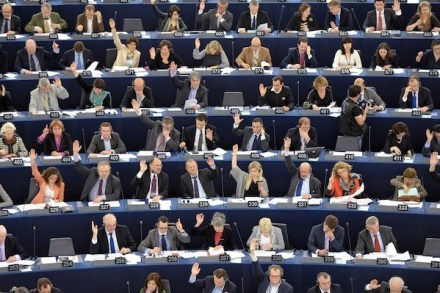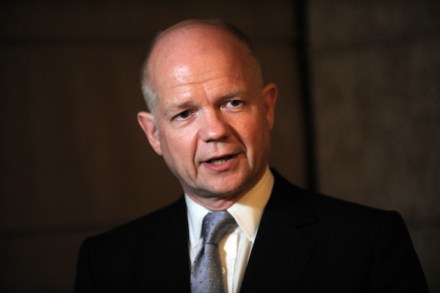Why Cameron’s warning on Syria leaves me feeling nervous
David Cameron’s Commons statement today contained two blunt warnings. In a significant escalation of the argument over communications data, he warned that ‘we will suffer’ if we don’t make progress on the matter. He also declared that not intervening in Syria could boost extremism and mean that the situation there becomes a ‘tragedy for us too’. On communications data, I suspect that there’s a limit to how much progress he can make with his coalition partners. The vibe from the Clegg camp is that they have no desire to back down on this issue and feel that many of their critics are being opportunistic post Woolwich. However, it was Cameron’s




















